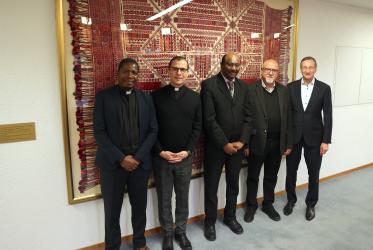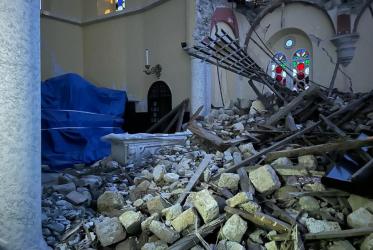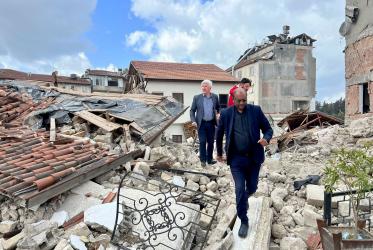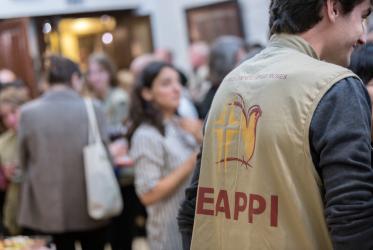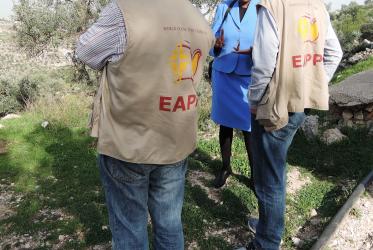Displaying 1 - 19 of 19
Creating a better future for Syrian-Armenian youth
29 March 2018
Beirut workshop fosters cooperation on diakonia
14 June 2016
A presence to accompany vulnerable communities
31 March 2015
Ensuring “just peace” in occupied Palestinian territory
17 April 2014
